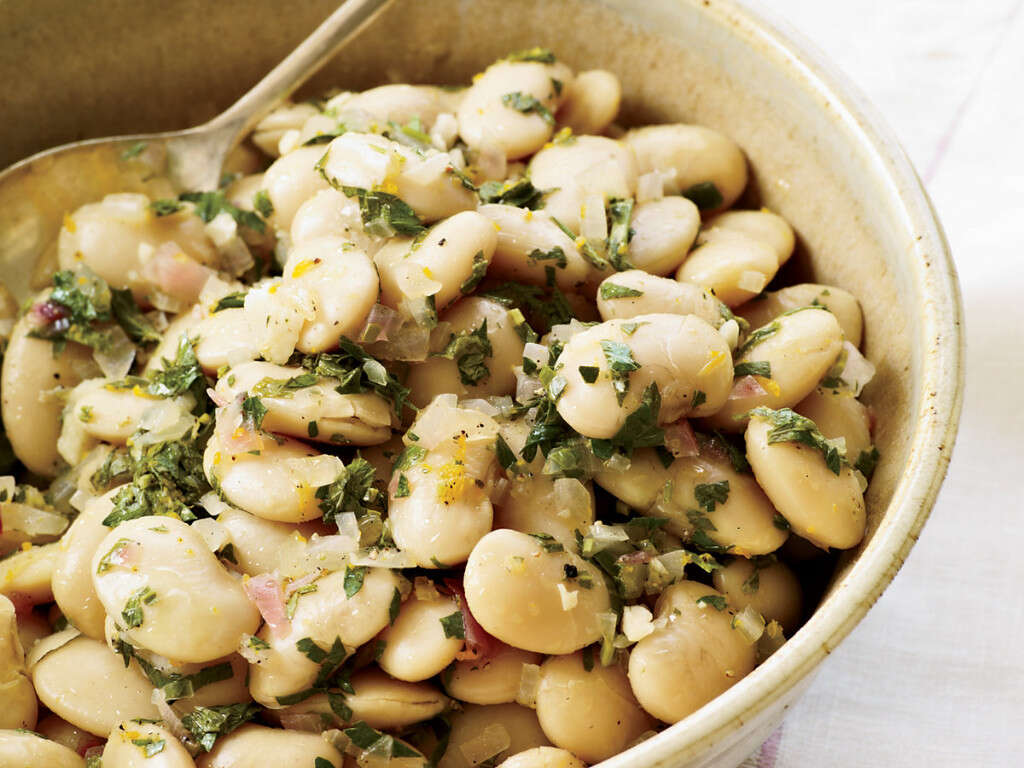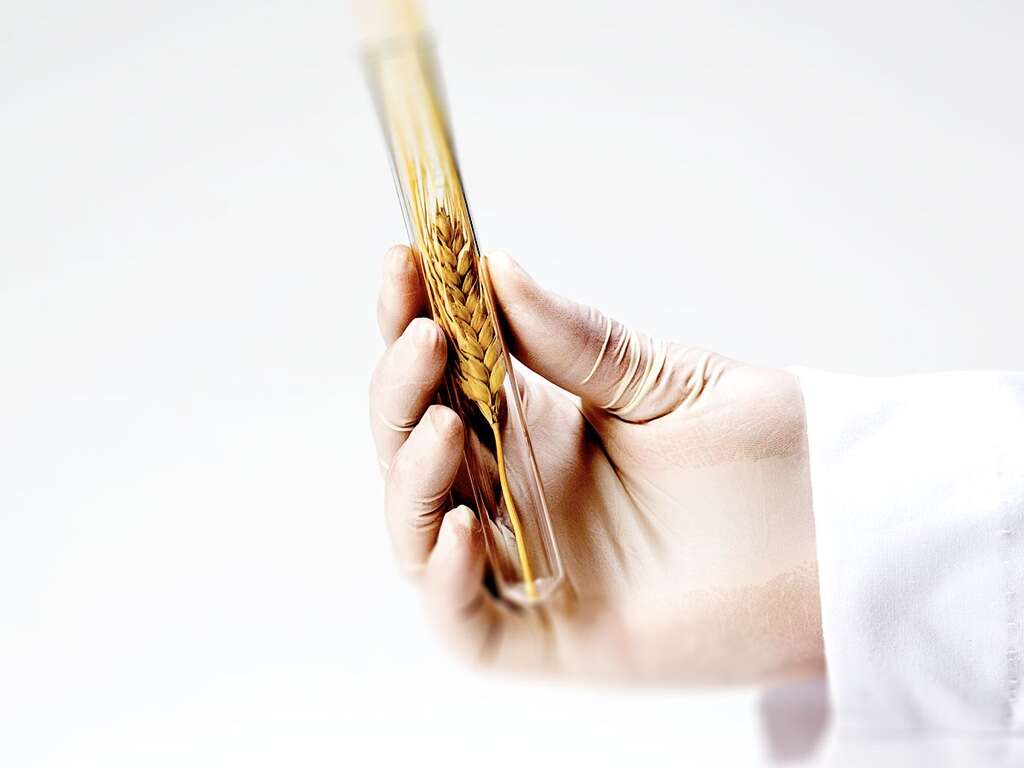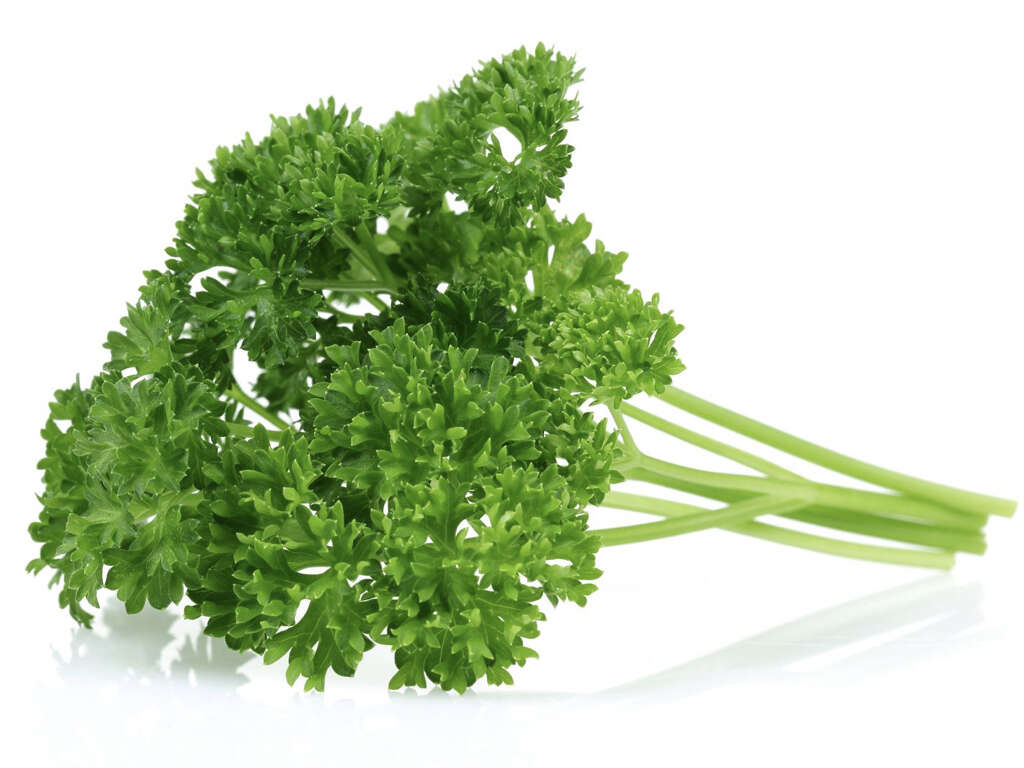10 Foods That Cause Bloating
Bloating occurs as a result of excess gas or air in the gastrointestinal tract. This causes an uncomfortable, swollen, tight feeling. The abdomen may also appear distended and hard, and you may experience some pain. Additionally, bloating causes excessive flatulence, belching or burping which may also be accompanied by rumbling sounds.
Eating too fast, smoking or chewing gum can cause you to swallow too much air which may lead to bloating. Medical conditions like celiac disease and pancreatic insufficiency may also cause bloating. However, in most instances, bloating results from eating particular foods. This is more likely when you eat excess amounts of such foods. If you know which foods are likely to cause bloating, then you can avoid or reduce the quantities that you eat. Following are 10 foods that cause bloating.
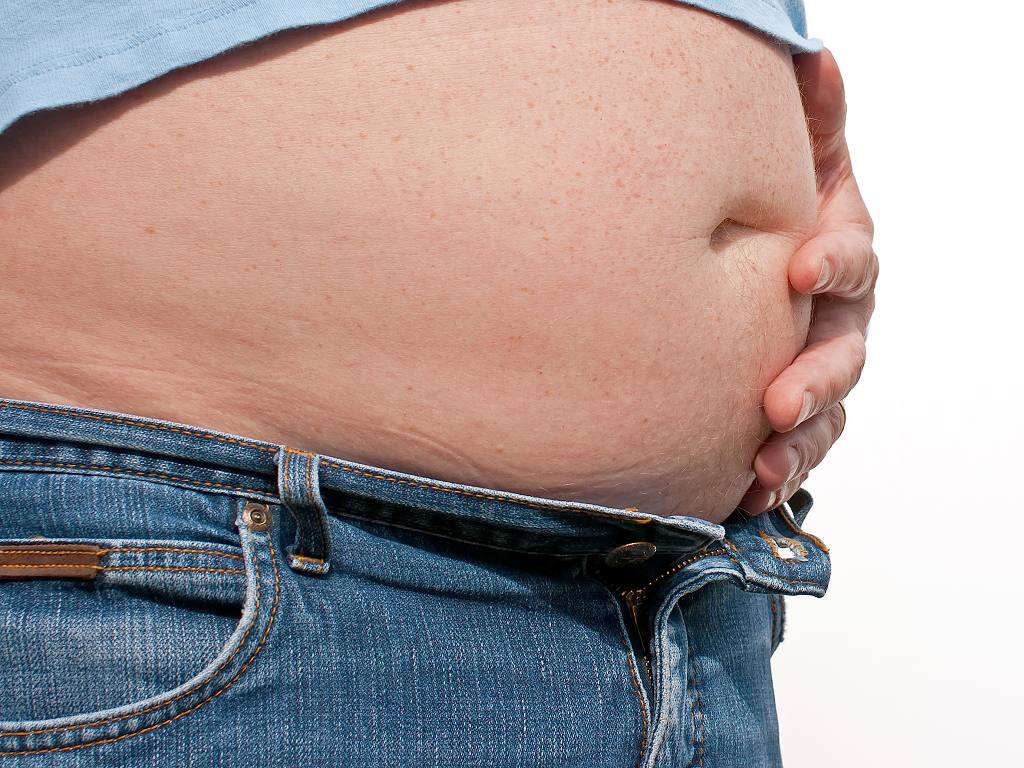
Bloating Causing Food #1: Sugar-free Sweeteners
In your quest to reduce weight or keep it down, you may choose sugar-free sweeteners for your cup of coffee or tea. You may also prefer these sweeteners in other beverages and other foods. But sugar-free sweeteners have their negative sides. Because many of them are made from sugar alcohols such as sorbitol, lactitol, erythritol and xylitol, they can lead to increased gas in the tummy and bloating.
This happens because the sugar alcohols are not absorbed in the small intestines. However, when they get into the large intestines, they can cause issues with the normal gut bacteria which can lead to bloating.

Bloating Causing Food #2: Beans
Beans are a great source of protein, carbohydrate, vitamins, minerals and fiber. However, beans are also notorious as foods that cause bloating. One reason for this is the high fiber content. Because the human body is not designed to digest fiber, taking too much of it means that it will move from the stomach, through the small intestines and into the large intestines.
Once they get here, bacteria feed on the fiber, breaking them down into various components including lots of gas. This causes bloating and rumbling within the abdomen. You can lower bloating caused by beans by soaking them for several hours or overnight before cooking. You can also choose easier to digest beans like mung, adzuki and quinoa.
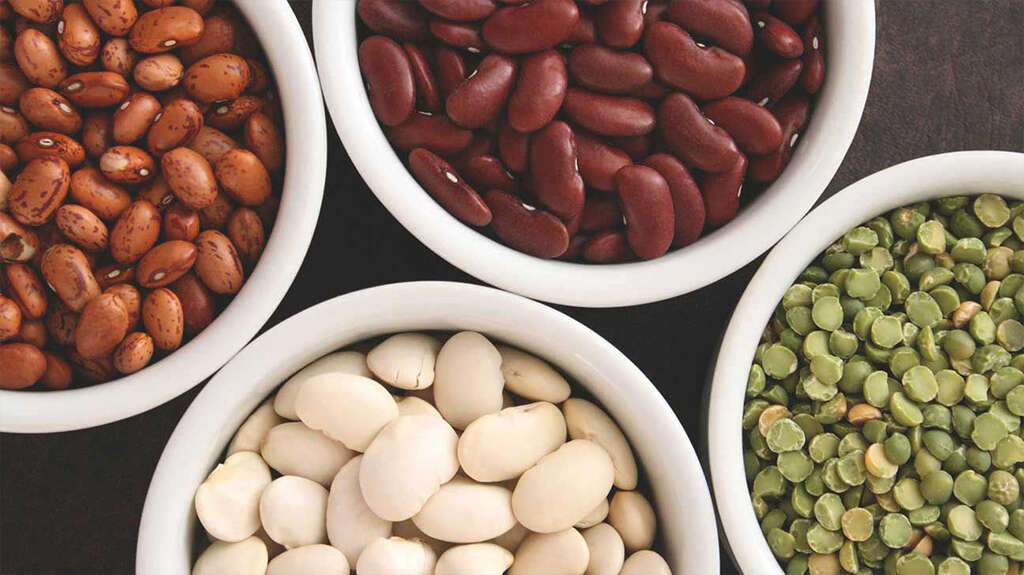
Bloating Causing Food #3: Alcohol
Alcohol causes inflammation within the lining of the digestive system. This in itself can lead to discomfort and bloating. But alcohol also contains other substances that may lead to bloating. These include yeast, wheat and barley. Yeast can cause an imbalance within the gut by feeding on beneficial bacteria. This can adversely affect digestion and lead to bloating.
On the other hand, food materials like wheat and barley are fermentable. This means that they can start fermenting within the digestive system which can lead to production of excess gas and bloating. Beer is especially culpable in this sense. Therefore, if you have to drink alcohol, wine or spirits are better alternatives.
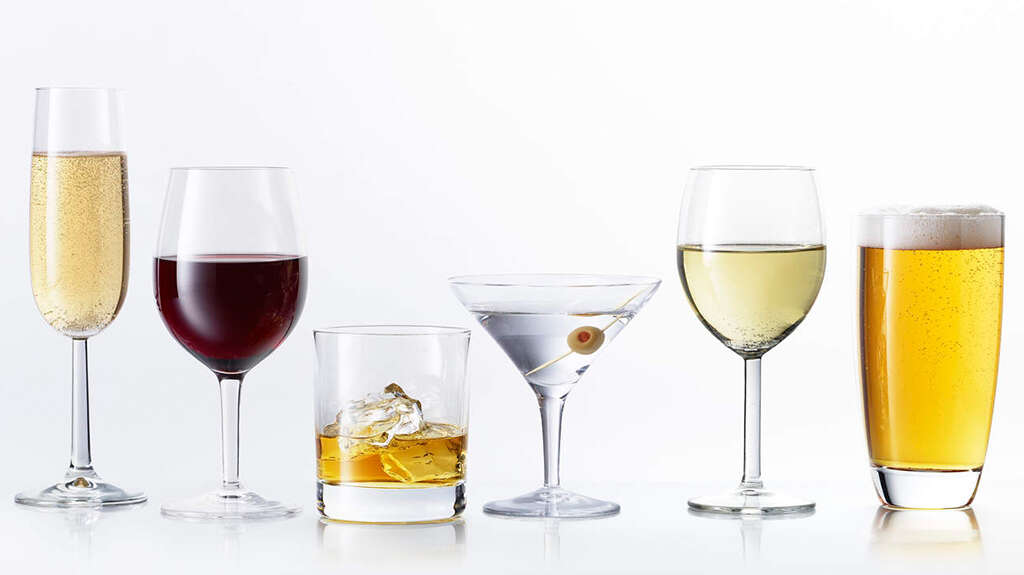
Bloating Causing Food #4: Carbonated Drinks
Carbonated drinks are fizzy because they contain carbon dioxide gas. When you drink these fizzy drinks, you put a lot of gas in your digestive system. Note that the more carbonated drinks you take, the more gas you get in your stomach. The high quantity of gas can lead to burping, belching and bloating. This can be even worse if you take soda to accompany snacks made with other foods that cause bloating such as wheat.
In addition to causing bloating, carbonated drinks increase your risk of obesity and diabetes. When you get the urge to drink a carbonated drink, why not try water, tea or fresh fruit juice. They are healthier and more beneficial.

Bloating Causing Food #5: Wheat
Wheat is used to make many popular foods and is a darling for many millions in America and around the world. However, wheat is also one of the foods that cause bloating; thanks to the gluten in it. Gluten is a combination of proteins that gives wheat its gummy property.
But a significant percentage of the population is sensitive to gluten. As a result, eating food containing gluten such as wheat and wheat products causes reactions in the body which lead to excess gas, bloating and stomach pain. Gluten is also present in other foods like barley and rye. If you are gluten sensitive, you can still enjoy baked goods made from alternatives like buckwheat, quinoa and oats.

Bloating Causing Food #6: Dairy
Dairy foods like milk, cheese and yogurt are great sources of calcium, protein and vitamin D. Yogurt made with bacteria cultures is a good source of beneficial gut microorganisms, or probiotics.
However, for some people, dairy and dairy products may cause bloating besides other digestive issues. Such people are lactose intolerant. This means that their digestive systems are unable to digest the dairy sugar known as lactose. If you are lactose intolerant, you could eat alternatives like lactose-free milk, almond milk and flax milk. You could also take dairy and dairy products in small quantities if your lactose intolerance is not too high.
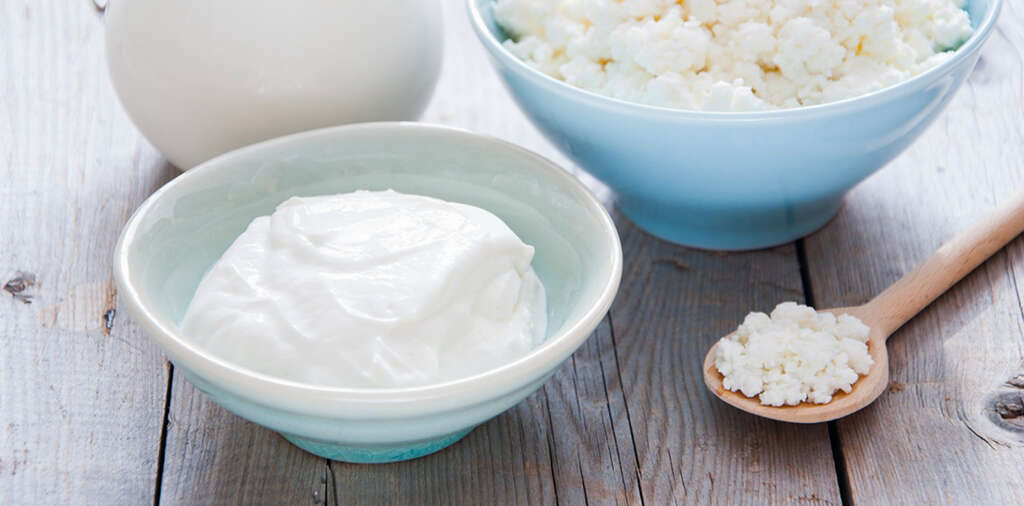
Bloating Causing Food #7: Cruciferous Vegetables
Broccoli, cauliflower, cabbage and Brussels sprouts among others belong in the cruciferous family. These are great vegetables which are rich in many important nutrients such as vitamin C and vitamin K, minerals like potassium, and fiber. But eating large amounts of these vegetables at once, especially when raw, can cause bloating.
The high fiber content in cruciferous vegetables improves digestion and overall health. But because the digestive system of human beings cannot digest fiber, this means that they pass through the stomach and the small intestines. When they get into the large intestines, bacteria found there feed on them. This is a process that leads to production of lots of gas which can cause bloating.
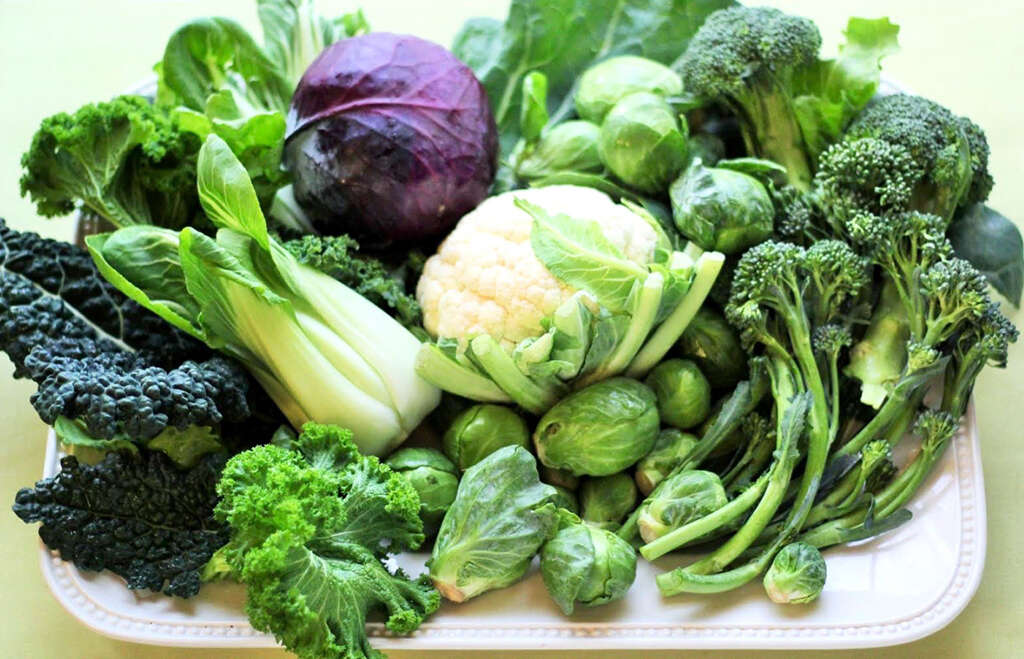
Bloating Causing Food #8: Onions and Garlic
Onions and garlic have many health benefits. They contain minerals like manganese, selenium, sulfur, , potassium, folic acid and other vitamins. They also have antimicrobial properties. But onions and garlic also contain fructans. These are soluble fibers that are also found in wheat and other foods.
Fructans, like other fibers, are not digested by the human digestive system. Therefore, as they pass through the gastrointestinal tract, they start fermenting due to the activity of gut bacteria. The fermentation process produces gas. This means that eating large quantities of garlic or onions can cause bloating and other digestive issues. If you notice that you suffer from bloating after eating onions and garlic, you can try alternatives like leeks, fennel, celery, basil and chives.
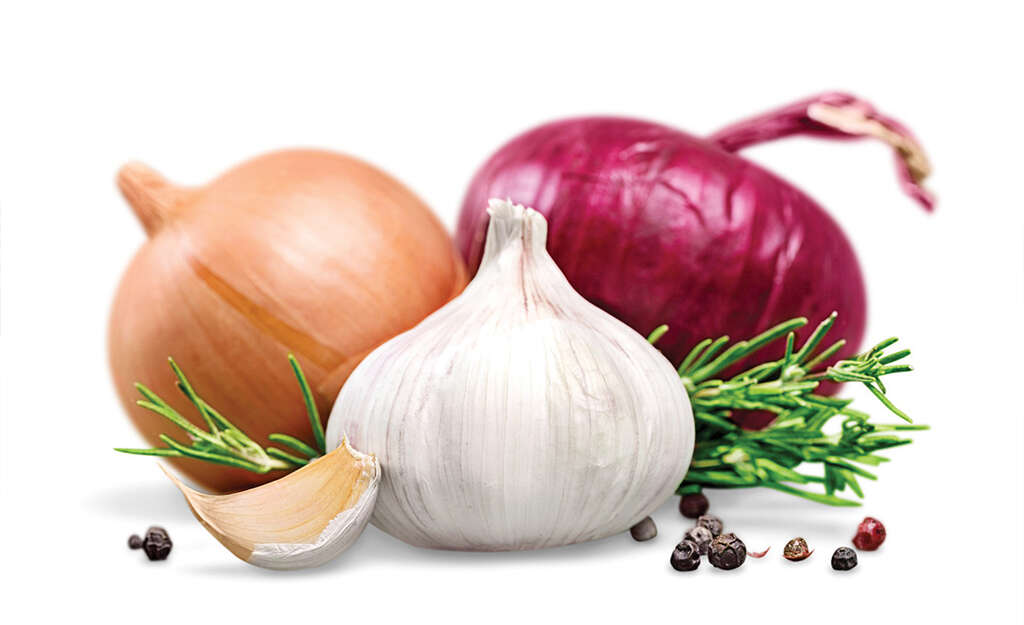
Bloating Causing Food #9: Protein Bars and Other Processed Foods
Processed foods like protein bars, pizza and canned soups may contain ingredients that cause bloating. Protein bars for instance usually contain soy protein isolate. Soy, like other beans, is known to cause bloating thanks to its high fiber content. This is also true of its protein isolate.
The high fiber content means that you end up having a lot of indigestible material within your digestive system. This fiber starts fermenting, leading to the production of high amounts of gas. This is the main cause of bloating. Other ingredients in processed foods that cause bloating include sodium, fructose, lactose and fat.
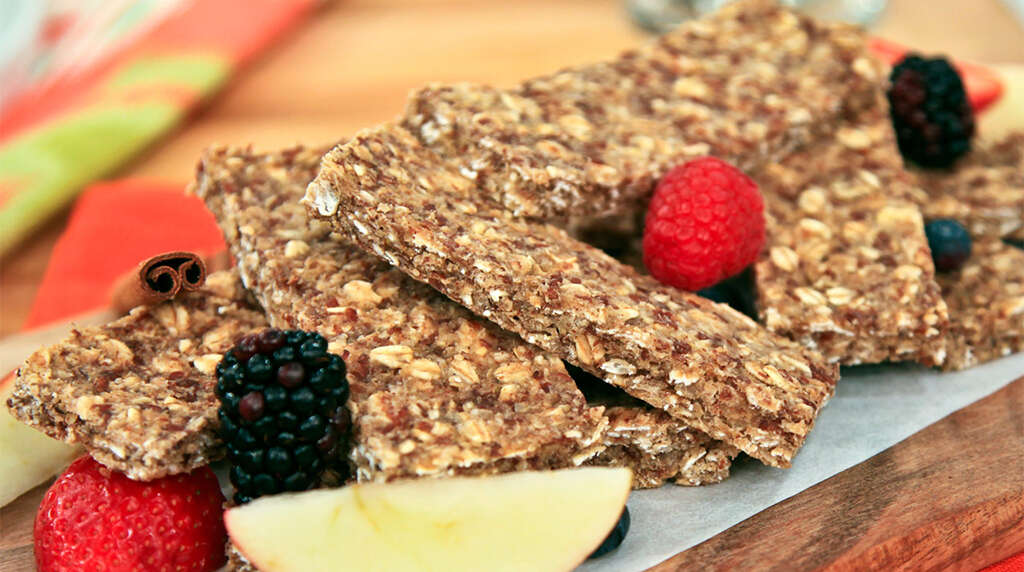
Bloating Causing Food #10: Apples and Pears
Apples and pears are rich in vitamins, fiber and antioxidants. This combination makes them great health promoting fruits. But these fruits have other properties that may cause digestive problems including bloating.
Apples contain fructose, a fruit sugar which is difficult for many people’s systems to digest and may therefore lead to indigestion and bloating. Pears on the other hand contain sorbitol, a sugar alcohol that can lead to fermentation within the gut and ultimately cause bloating. People who suffer from bloating or other digestive issues after eating apples and pears can try other fruits like strawberries, blackberries, grapefruit, oranges, grapes and cantaloupe.






